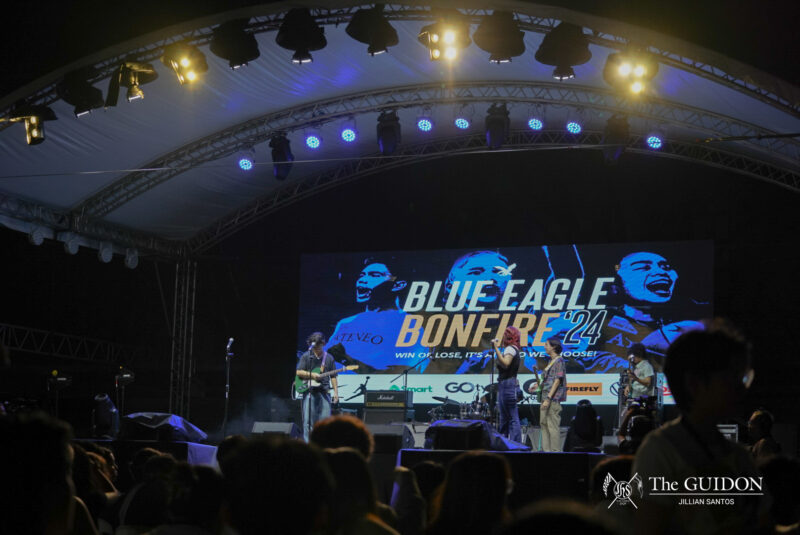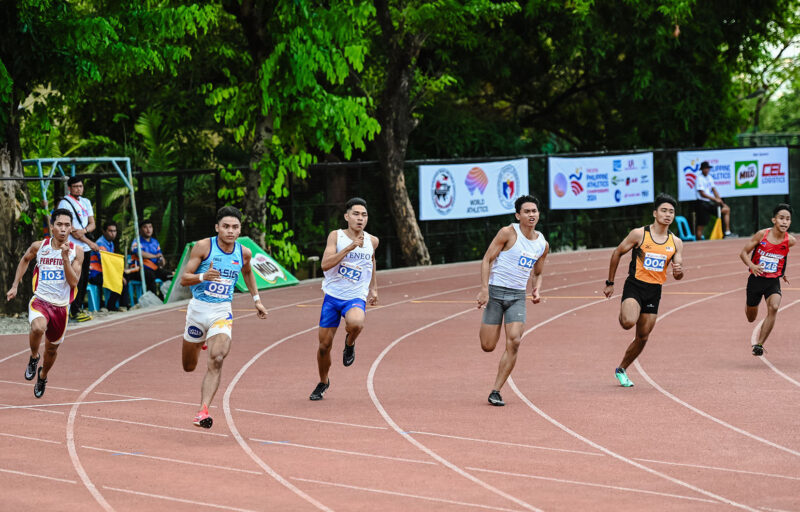At the onset of the new year, geopolitical, foreign, and domestic interests have triggered massive unrest in the Middle East. The month of January saw United States President Donald Trump order an airstrike that killed Iranian General Qasem Soleimani, prompting many enraged Iranians to vow severe repercussions for the act. Consequently, this has led to rising fears of a looming war between the two countries.
Closer to home, the Philippines was rocked with news of another death of an Overseas Filipino Worker (OFW) in Kuwait at the hands of their employer. Alarmed by this brutality, the Philippine government subsequently issued a deployment ban last January for OFWs going to Kuwait as a temporary security measure.
The rapid destabilization of the region has prompted the Philippine government to begin the repatriation of OFWs in the off chance that armed conflict breaks out. Although hostilities and repatriation efforts have tempered as of late, bringing OFWs home is not as easy and gallant as it seems. Filipinos may rejoice at the idea of reuniting with their motherland, but the prospect fails to take into consideration a great deal of problems non-OFWs fail to notice.
As far as eye can see
Of the many groups serving as stewards for OFWs amid their foreign contexts is the Ateneo Department of Political Science’s working group on migration. Melissa Lao, PhD, and Carmel Abao, PhD, members of this group, had much to say on the Middle Eastern OFW community’s development.
Historically, the Middle East has had a sustained demand for foreign workers due to domestic concerns such as its small labor force. While this appears advantageous to those fleeing rampant underemployment in the Philippines, persisting tensions in the area has prompted efforts to repatriate OFWs, and in some cases ban any more from immigrating to the area. However, Abao and Lao believe these measures may be for nought.
Having recalled the mostly futile endeavors to have OFWs evacuate high-risk countries, Abao surmised that many if not most workers will not come home to the Philippines. Even those who do decide to leave the Middle East typically find themselves seeking employment in less hazardous areas such as Europe or North America.
Abao commented, “Tingin ko hindi sila uuwi. Kasi wala silang uuwian eh. Ano uuwian nila ditong trabaho? (I don’t think they will come home because they have nothing to come home to. What job do they have here for them?)”
According to Lao, there is a severe disjunct between an OFW’s occupation in their country of work and the opportunities they might have in the Philippines. For example, an OFW who had trained to be a teacher before her employment as a domestic helper in another country would return with no added experience in her intended occupation. Conversely, someone who had been trained to operate a high-technology crane in their previous country of work might only find jobs as a carpenter upon coming home.
It is this improbability of a quality life in the Philippines that makes many OFWs find enduring abuse or war for the sake of employment to be the lesser evil. For Abao and Lao, reasoning with these Filipinos about their safety is pointless as their motivation for becoming overseas workers was never individual security. To successfully persuade a Filipino worker to abandon their foreign employment, the government must not only address the wellbeing of the OFW but guarantee that of their family.
Reality check
Indeed, it is futile to raise repatriation and reintegration efforts for our OFWs without first fully understanding their respective contexts and idiosyncrasies. As far as the fantasies of having all OFWs return home are concerned, the complexity of their individual circumstances would find this national dream quickly turn into a nightmare if the OFW and their family are not prepared financially and emotionally.
What may seem more terrifying than the prospect of failed reintegration, however, is the horrific abuse experienced by many OFWs. Of the notorious propensity of OFW maltreatment in the Middle East, one is vividly bombarded by news of the fates that befell slain OFW Joanna Demafelis and countless others. They gamble with literal life and limb to provide for their families back home—often embracing the risks at the cost of their own lives.
Although she thankfully did not experience such an ordeal, Mira* is no stranger to the challenges of working in a foreign country. Stationed in Abu Dhabi, Mira has worked as an Assistant Executive Housekeeper for 25 years. As a longtime OFW, she has experienced the highs and lows of working in the Middle East. She confides that she would feel lonely at times and find it difficult to collaborate with her foreign colleagues. Mira is intimately familiar with discrimination as well, as she explained how it is present in almost all countries—most especially in the Middle East, and most particularly if one does not speak Arabic.
Though, if working abroad can be avoided, it would be ideal to stray away from the risk altogether. Mira, Lao, and Abao have all made mention of improving the Philippine domestic economy so as to discourage immigration abroad by instead providing local employment opportunities. “[The Philippine] government should improve our educational system. [They] should encourage [students] to be more [like] entrepreneurs, para mabawasan ang umaalis ng bansa (so less people would emigrate),” Mira said.
Nonetheless, as opportunities are sparse locally and abundant internationally, the immigration trend will undoubtedly continue. For OFWs’ selfless love for their families drives them to strive, labour, and gamble blood in distant lands, unaware of the loss it will eventually bring to both their own lives and the loved ones they left behind.
*Editor’s note: The name of the interviewee was changed to protect their identity and privacy.




